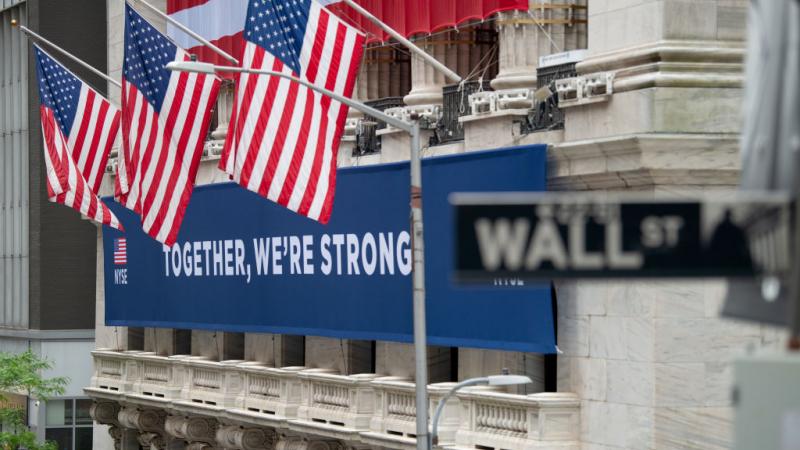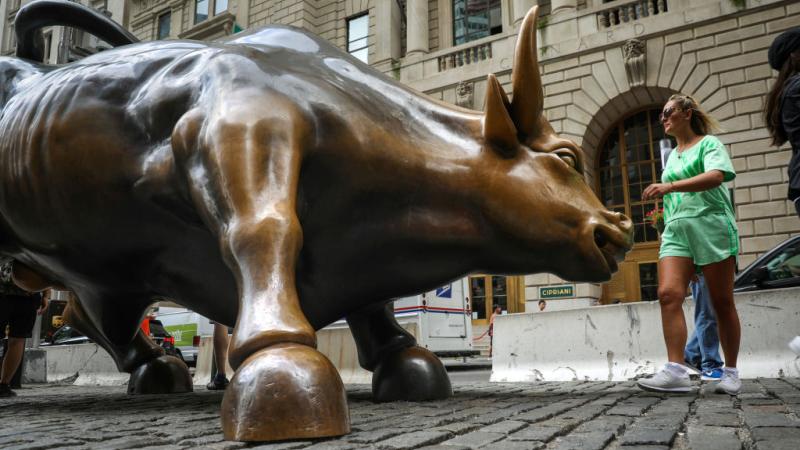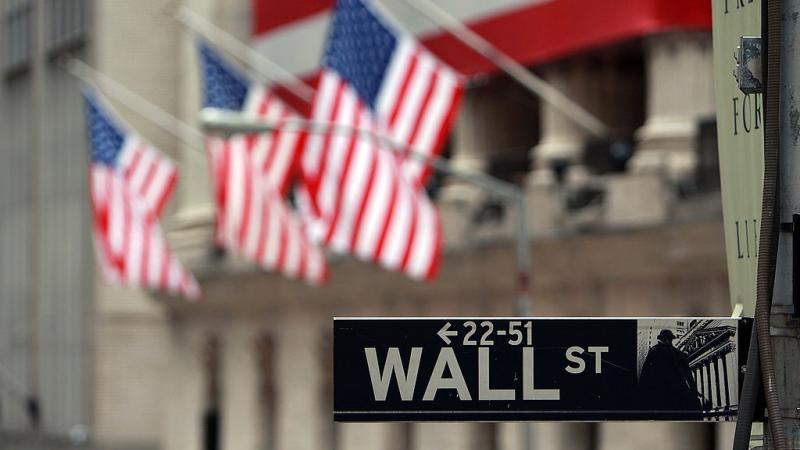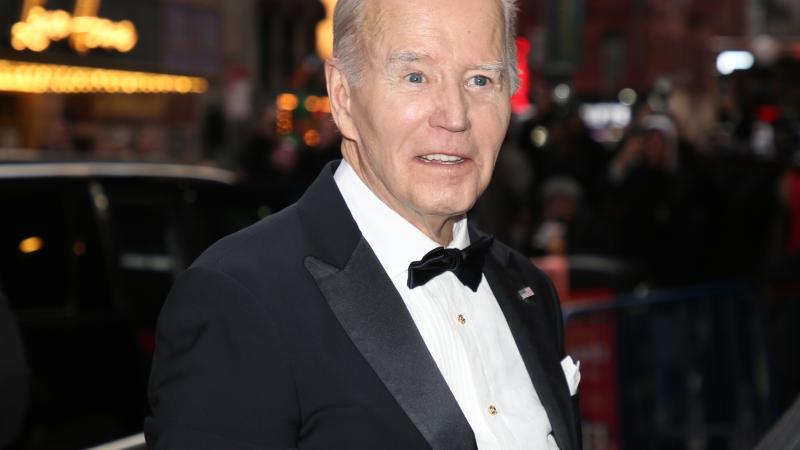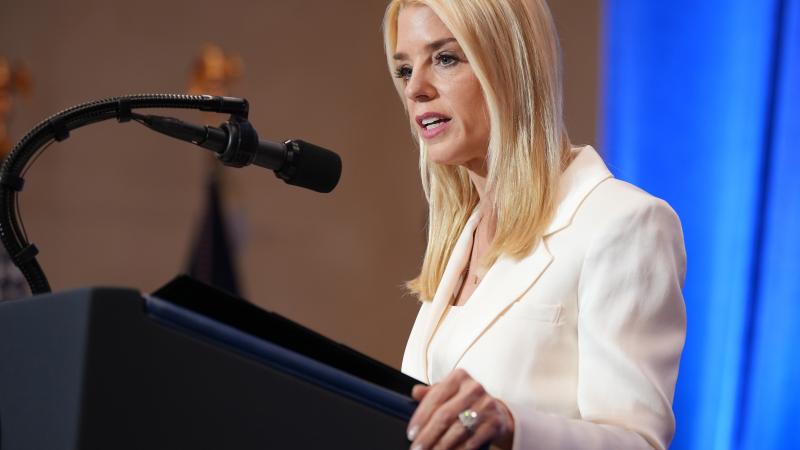CEOs answer the call of the woke by pivoting to 'stakeholder' capitalism
America's corporate leaders are tailoring their success metrics to match political agendas of activist progressive shareholders.
The age of the woke activist shareholder is upon us, and CEOs have been altering the metrics by which they judge their companies' success to fit the goals of agenda-pushing shareholders, as well as their own political preferences, according to Scott Shepard, deputy director of the Free Enterprise Project, a conservative-leaning shareholder activism program.
CEOs of megacorporations — including Bank of America, Deloitte, and BlackRock — are "pushing a set of metrics to judge how well stakeholder capitalism is going," said Shepard, a fellow at the National Center for Public Policy Research. "And they've written those metrics to make sure that they all require left-wing, and only left-wing, movement."
Corporations going "woke" — a trend that surged into wide public view recently with the overt embrace by many corporate leaders of Democratic opposition to GOP election reform plans — are driven by two sources, in Shepard's analysis. First, there are the activists, who buy shares in corporations with the sole aim of filing proposals that further their progressive political agenda. Second, there are the CEOs who tailor their measurable standards of corporate success to match goals of "global sustainability" and environmental, social, and corporate governance (ESG) instead of bottom lines and fiduciary responsibilities to shareholders. They claim these goals are more globally-oriented, and beneficial to "stakeholders," as opposed to "shareholders," to whom corporations have historically answered.
One corporate leader in the forefront the leftward realignment of big business is Bank of America CEO Brian Moynihan. "The context in which businesses now operate has been transformed by climate change, nature loss, social unrest around inclusion and working conditions, COVID-19 and changing expectations of the role of corporations," Moynihan wrote in a September 2020 white paper entitled Measuring Stakeholder Capitalism Towards Common Metrics and Consistent Reporting of Sustainable Value Creation. "Further, the global pandemic has exacerbated underlying and longstanding failures regarding equality and access to economic opportunities. To continue to thrive, companies need to build their resilience and enhance their licence [sic] to operate, through greater commitment to long-term, sustainable value creation that embraces the wider demands of people and planet."
Prepared in collaboration with the CEOs of the Big 4 accounting firms — Deloitte, Ernst and Young, KPMG and PwC — and published under the aegis of the World Economic Forum (best known for its annual Davos conclaves of the international political and business elite) — the paper details a list of "core metrics" that companies are "encouraged to begin reporting on," including categories like racial and sex diversity and including carbon emissions, and the "ratio of the annual total compensation of the CEO to the median of the annual total compensation of all its employees, except the CEO."
Absent from the report's recommendations are any metrics measuring viewpoint diversity or any language to discourage companies from discriminating in order to achieve certain numerical diversity and inclusion metrics.
On the activist end of things, the 2021 Proxy Preview, a report for socially progressive foundations, religious organizations, pension funds, and other tax-exempt entites, describes the ESG proposals that have been filed ahead of this year's shareholder meetings.
"Covid-19, the contested U.S. election, the racial justice uprising, and climate change disasters continue to take a toll on the global psyche and require fundamental systemic transformation," writes Andrew Behar, the publisher of the report. "Shareholders, as always, reflect the zeitgeist in their proposals. What I see in 2021 is an authentic, empowered, and self-aware movement emerging from the chaos, putting us on a trajectory toward a regenerative economy and civil society based on justice and sustainability. Investors feel the momentum, as do company executives; shareholders are escalating with new tactics, tired of talk and demanding action at a scale appropriate to the risk ... Investors in passive index funds can see that they are blindly complicit as they profit from society's destruction; becoming aware of their power to align their investing with their values."
The report advocates that all corporations embrace a "net-zero, Paris-aligned, climate transition plan and report progress annually" and employ an "antiracist stance" immediately.
Shepard says that "zeroing out carbon production and emissions" at most of these companies would mean "rapidly increasing costs across the board and rapidly increasing energy costs that would cripple Middle America while allowing CEOs like Brian Moynihan to continue flying around the world without any constraints."
Even proposals that fail to win a majority vote during proxy season may signal momentum on a particular ESG issue and signal to leadership that pressure is mounting. Sometimes a company may even hold a negotiation on a proposal before it is brought to a vote. These negotiations are productive when CEOs and leftist activist groups are aligned on their political ends, as is the case with corporate heads like Brian Moynihan, Larry Fink of BlackRock, Delta CEO Ed Bastion, and others.
The ultimate goal of the groups behind the Proxy Preview report, including a nonprofit called Shareholder Commons, is to transform American companies into public benefit corporations. Recently, Shareholder Commons generated a set of proposals suggesting that companies — including BlackRock, Alphabet (Google), Amazon, and Caterpillar — legally reform themselves in order to prioritize the interests of their "stakeholders" instead of their shareholders, even when that could mean "surrendering total financial return at an individual company."

